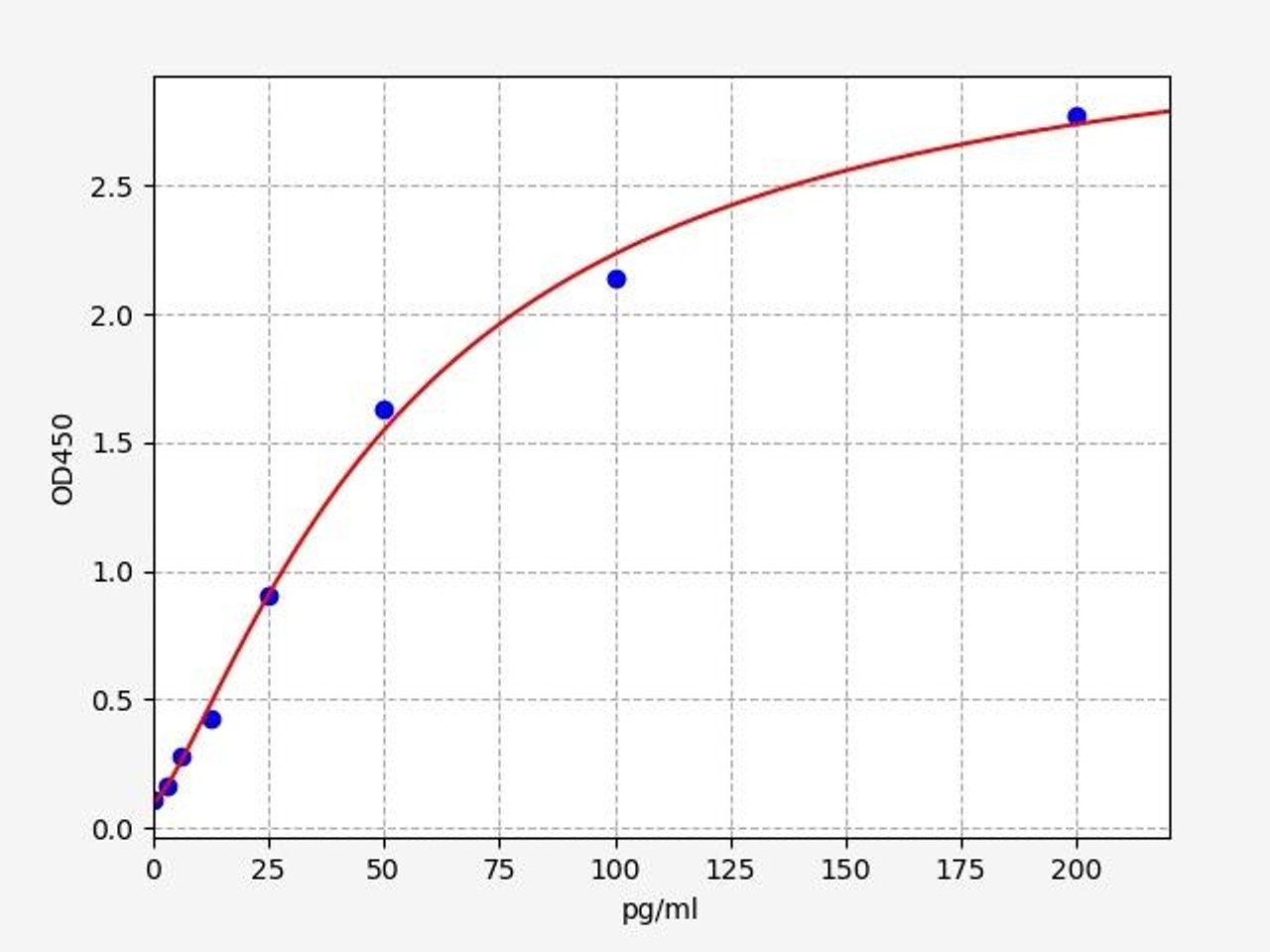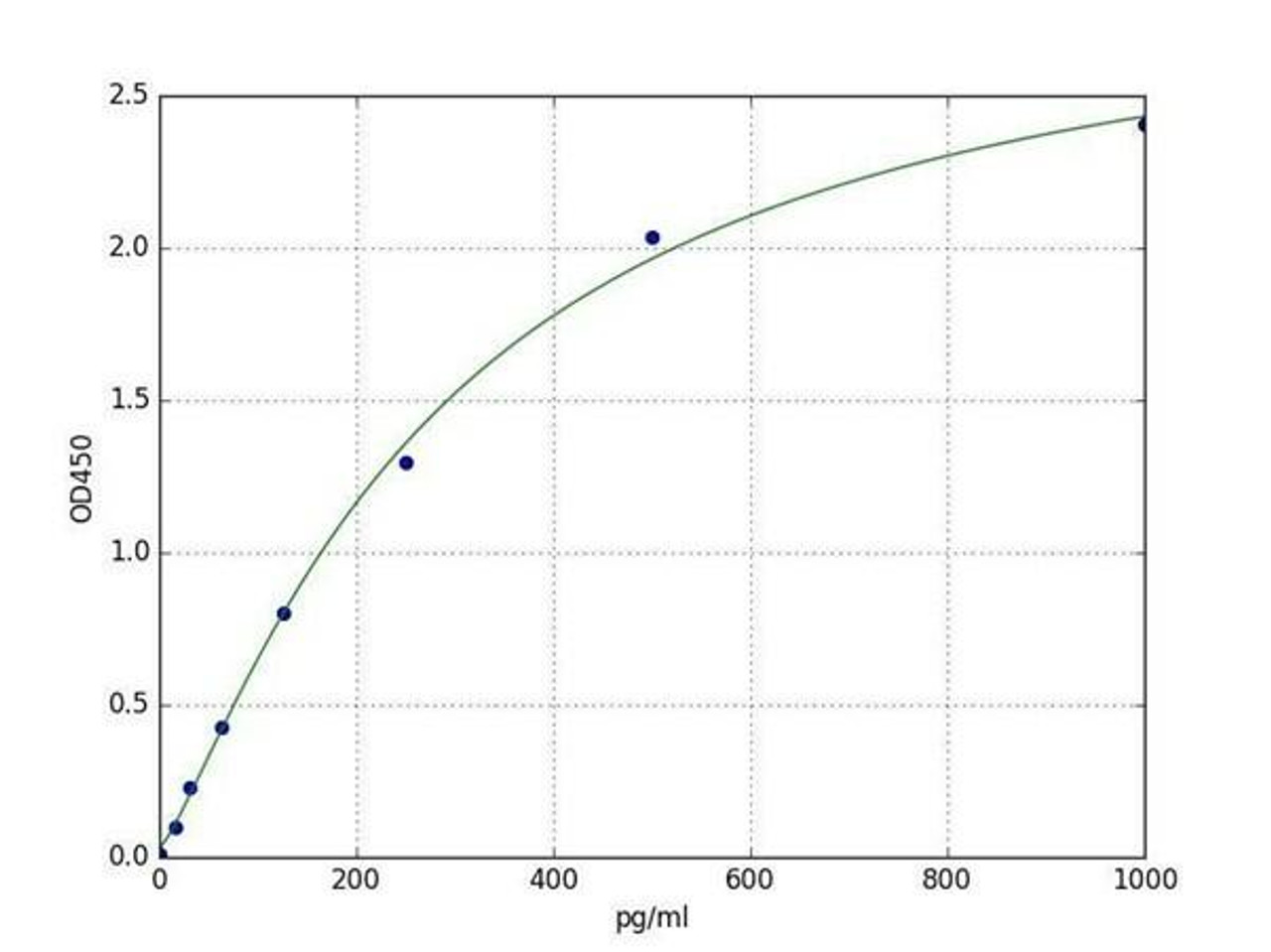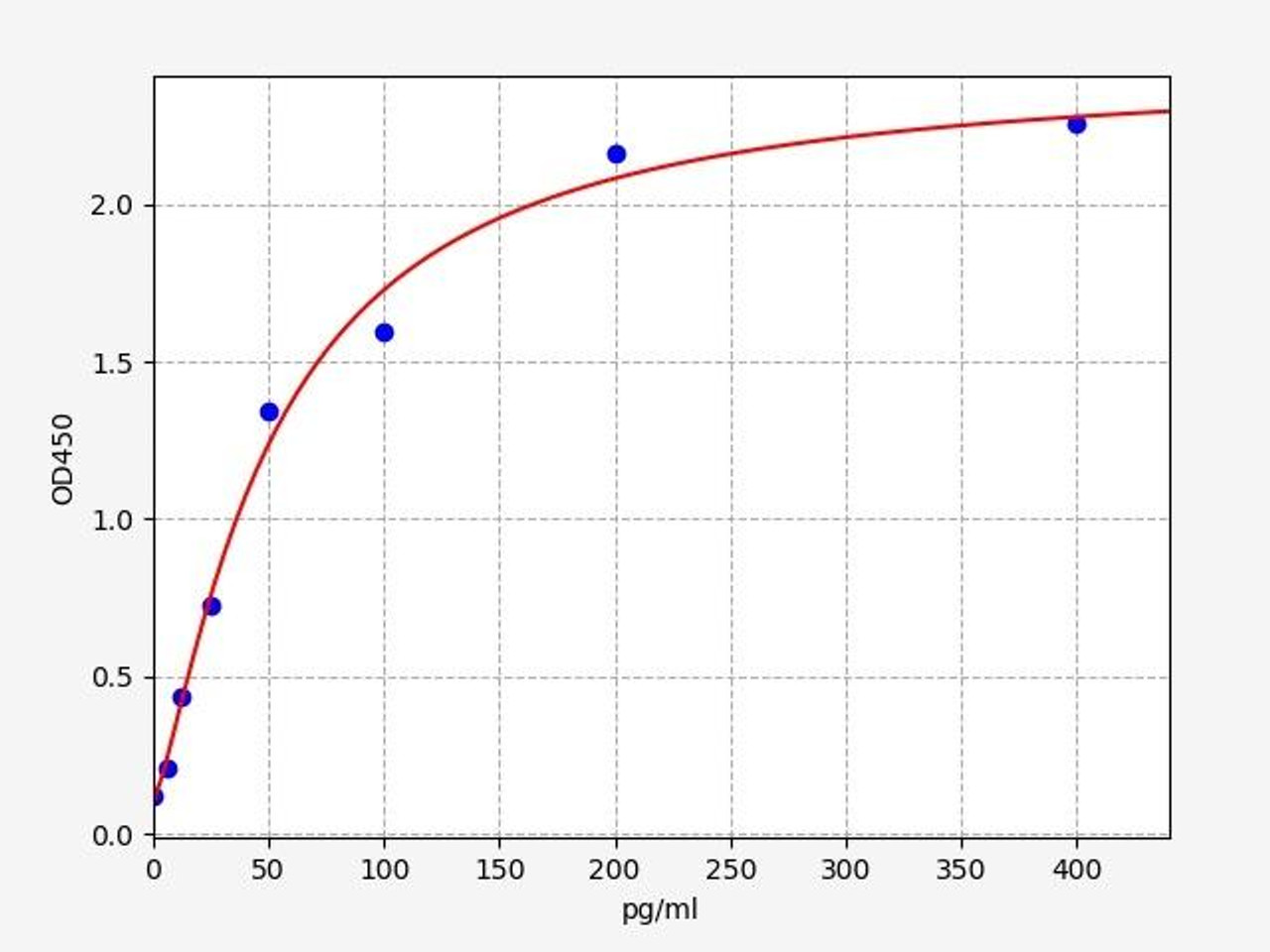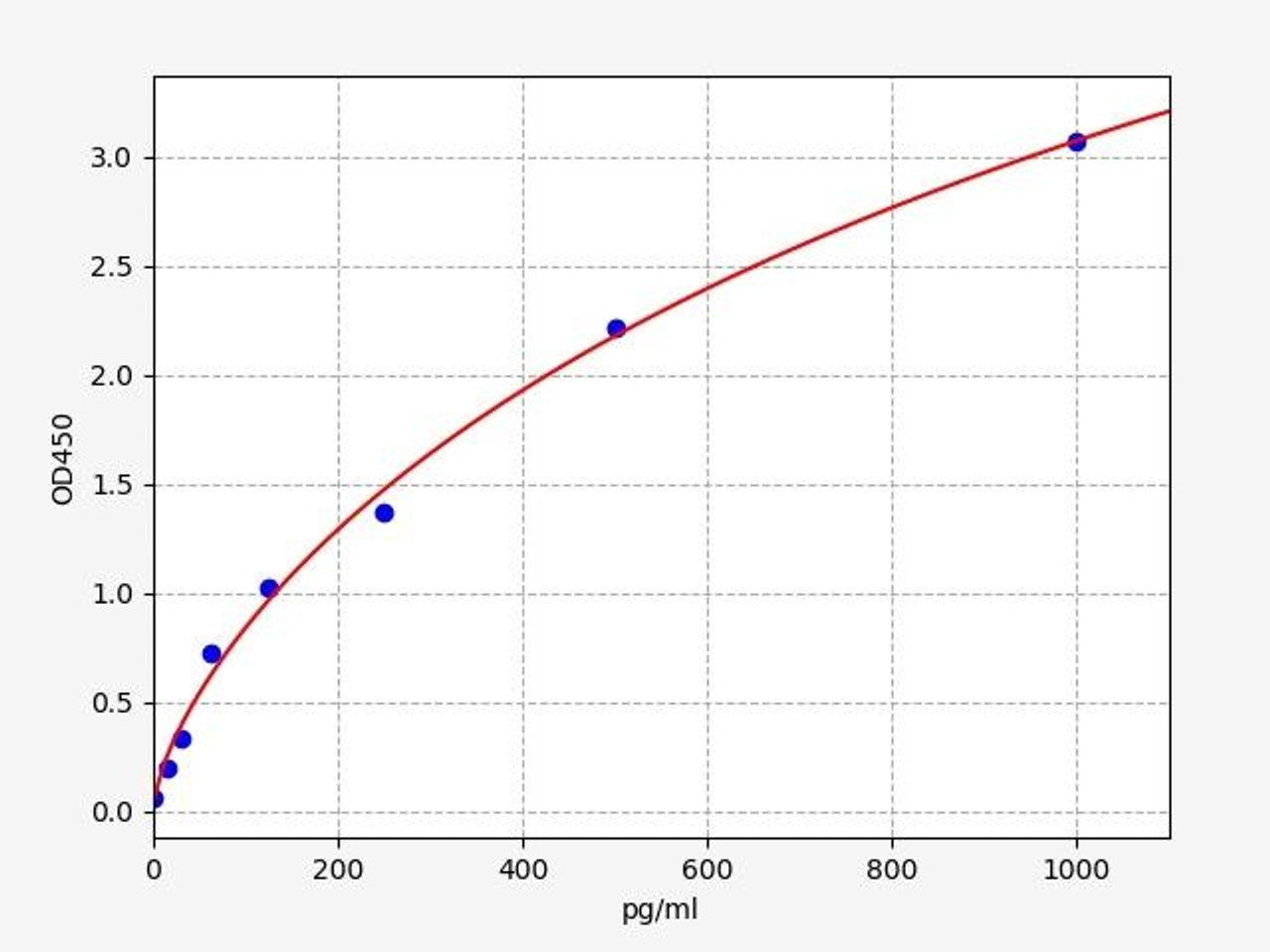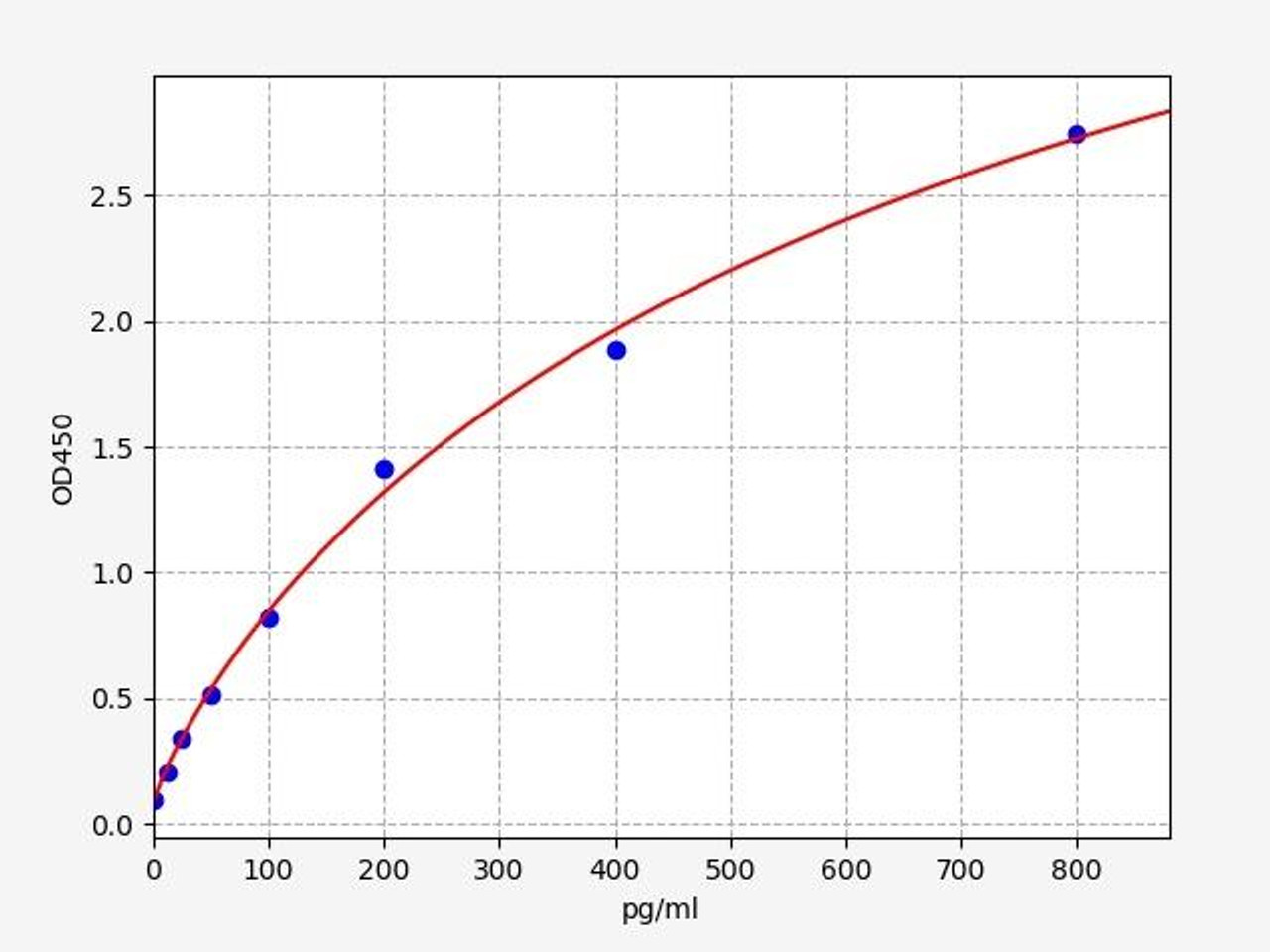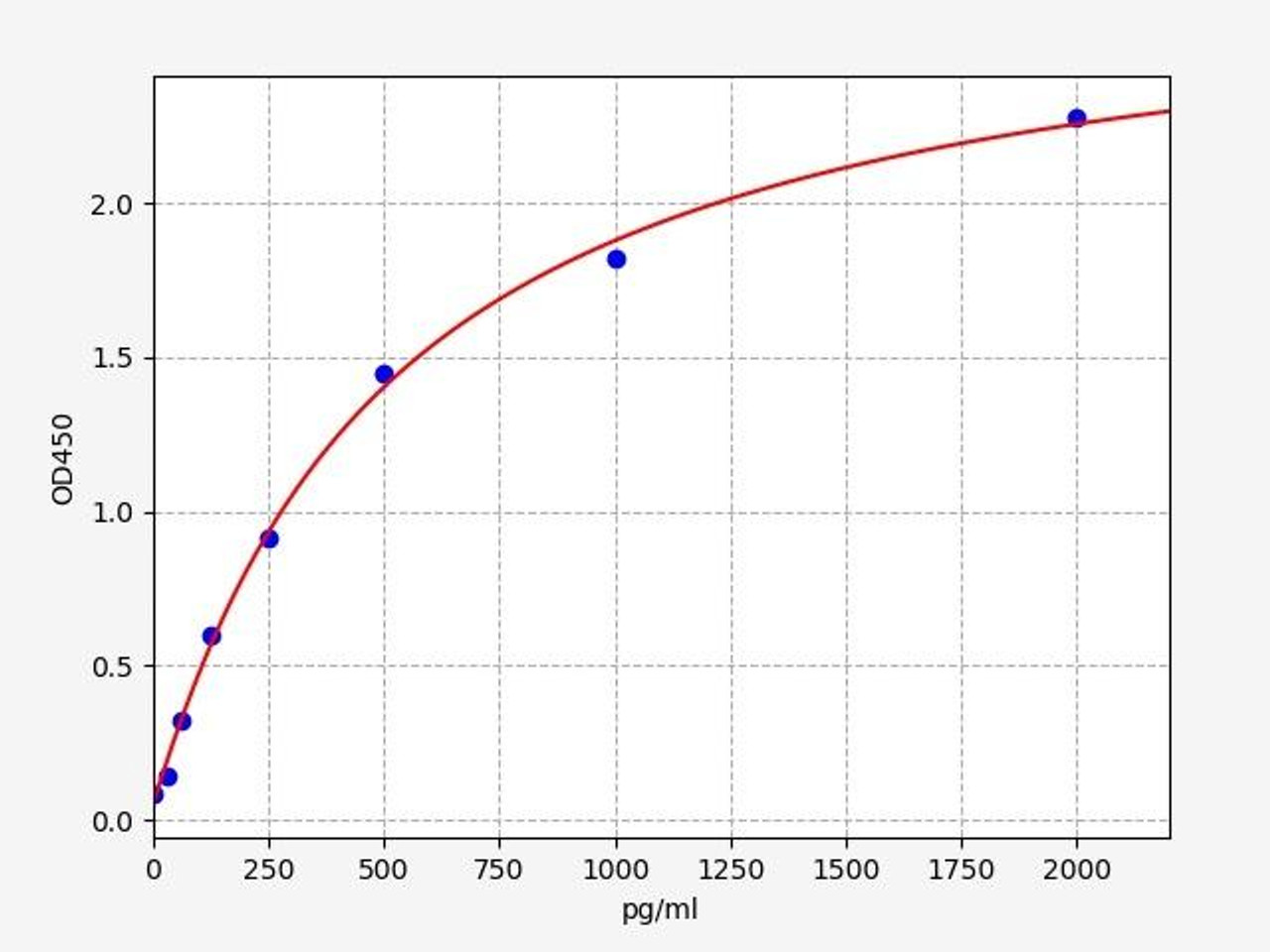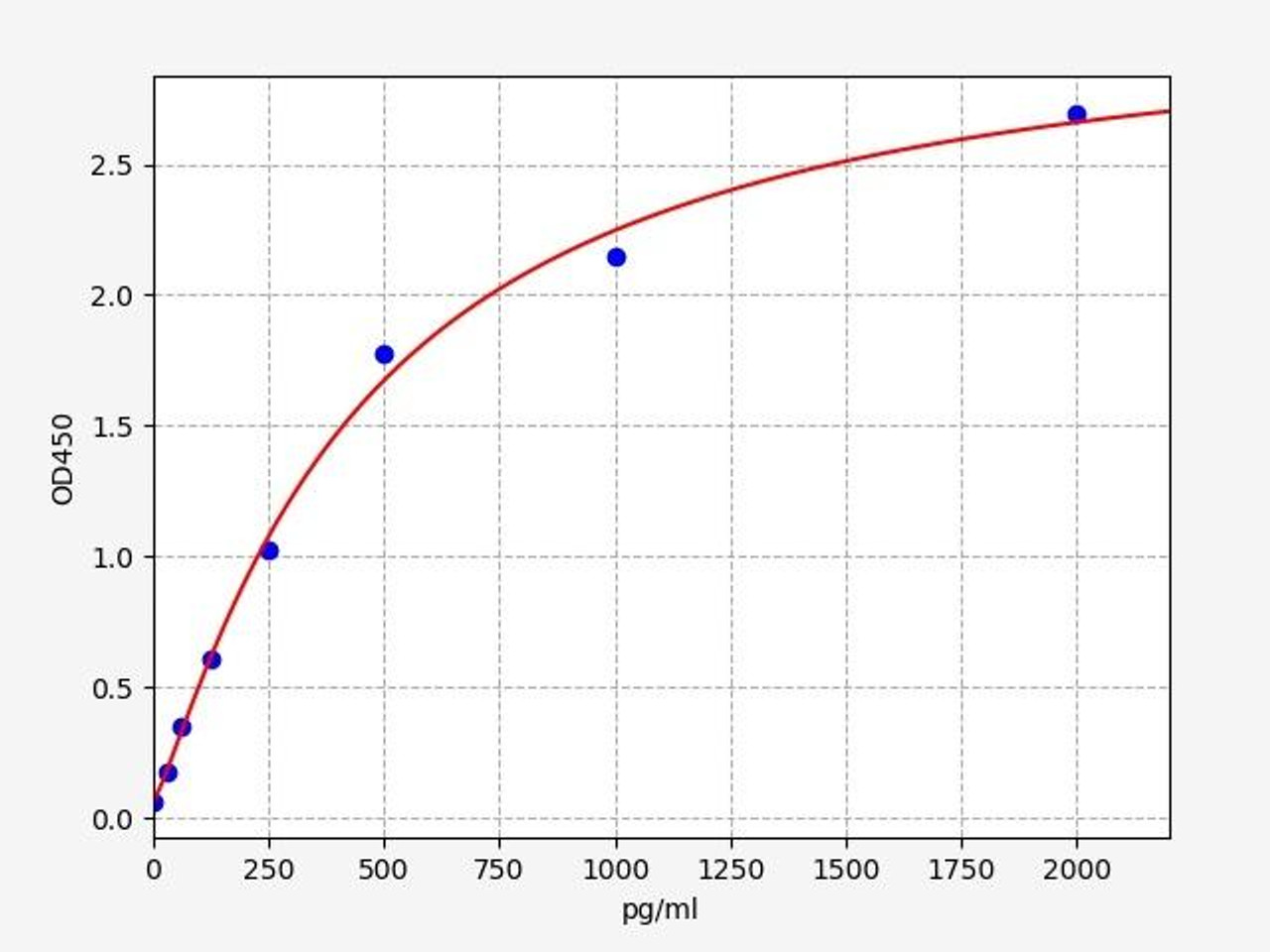Hamster ELISA Kits
Hamster ELISA Kits
Validated Cytokine & Chemokine ELISA Kits for Hamster Research!
Hamster ELISA Kits
Hamster ELISA Kits are utilized for key developments in immunological, vaccine and cancer research. Hamsters are a key animal model for researching immunological pathways and ELISA kits provide a highly effective way to measure cytokines and signaling molecules involved in these research areas.
At Assay Genie, we continue to support researchers push the boundaries of knowledge and help them discover more. Our Hamster ELISA Kits can be used as an analytical tool for the quantitative determination of cytokine production in Hamster samples.
If you have any questions about the Hamster ELISA kits below or would like a quote, please get in touch using our contact us page.
Benefits & Features
| Validated | We endeavour to provide our Hamster ELISA kits with extensive validation data including Spike-recovery, Linearity, Range, CV%, Standard Curves. | |
| Sensitive | Ready-to-use, pre-coated 96-well ELISA kits with picogram sensitivity for many analytes. | |
| Specific | Tested for cross-reactivity. |
Validated Hamster ELISA Kits - Key Targets
Note: Please specify sample type when enquiring about a Hamster ELISA kit.
Cited Hamster Immunoassays for Vaccine Scientists
| Author(s) | Title | Journal | Kit |
|
Bessiere et al. |
PLOS Pathogens |
||
|
Yuan et al. |
Research square |
||
|
Yuan et al. |
Cell Discovery |
Hamster Models & Infectious Diseases
Hamster immune responses to infectious pathogens are similar to humans. As such, this small animal model has been advantageous in studying the pathogenesis of infection in humans. Furthermore, Hamster models can be used to determine the efficacy and interactions of treatments and vaccines for pathogens. Our Hamster ELISA Kits serve as an excellent research tool to understand the underlying immune responses to infectious diseases.
The Syrian Hamster has been used for over 60 years to study human-associated diseases. Some examples of common viral diseases which Hamster models have been extensively used to analyse are Nipah Virus, Yellow Fever Virus, West Nile Virus, Japanese Encephalitis, Zika Virus, Ebola, St. Louis Encephalitis Virus and much more. Hamster models are also useful for studying the pathogenesis of bacterial and parasitic infections and some common examples are Leptospirosis, Schistosomiasis, Visceral Leishmania and Clostridium difficile disease.
There are constantly new studies being carried out to discover futher similarities between Hamsters and humans. This will aid in understanding infectious diseases and to help with disease management.
Hamster Models & SARS-CoV-2 Infection
Hamsters have been recognized as a valuable animal model for the analysis of human viral pathogens including SARS-CoV-2. Golden Syrian hamsters have been found to be an excellent pre-clinical SARS-CoV-2 infection model was recently shown to mimic viral entry and replication naturally similar to human.
Cytokines play a crucial role in determining the outcome of viral infections. Furthermore, the excessive immune response produced by SARS-CoV-2 infection in the host can lead to an exacerbated feedback loop of inflammation known as “cytokine release syndrome” (CRS). The over induction of inflammatory cytokines and the dysregulation of cytokine signaling pathways may contribute to the immunopathology associated with cytokine storm. IL-6, along with IL-10 and IFNγ are the cytokines most consistently implicated in CRS. Hamster immunoassays are a critical research tool for characterizing the immune response to SARS-CoV-2 infection in humans.
Hormone, Vitamin and Metabolite ELISA Kits
Related ELISA Kits
Related Tools for Research
Intense research is now required to elucidate the immunological & cardiovascular pathways involved in COVID-19. This research will contribute to the development of a vaccine versus the SARS-CoV-2 virus and the development of therapeutics and anti-virals to prevent and/or repress SARS-CoV-2 infection. To support COVID-19 research we have developed some key biological research tools such as antibodies, ELISA kits, ACE2 assays and multiplex panels to measure cytokine storm.



